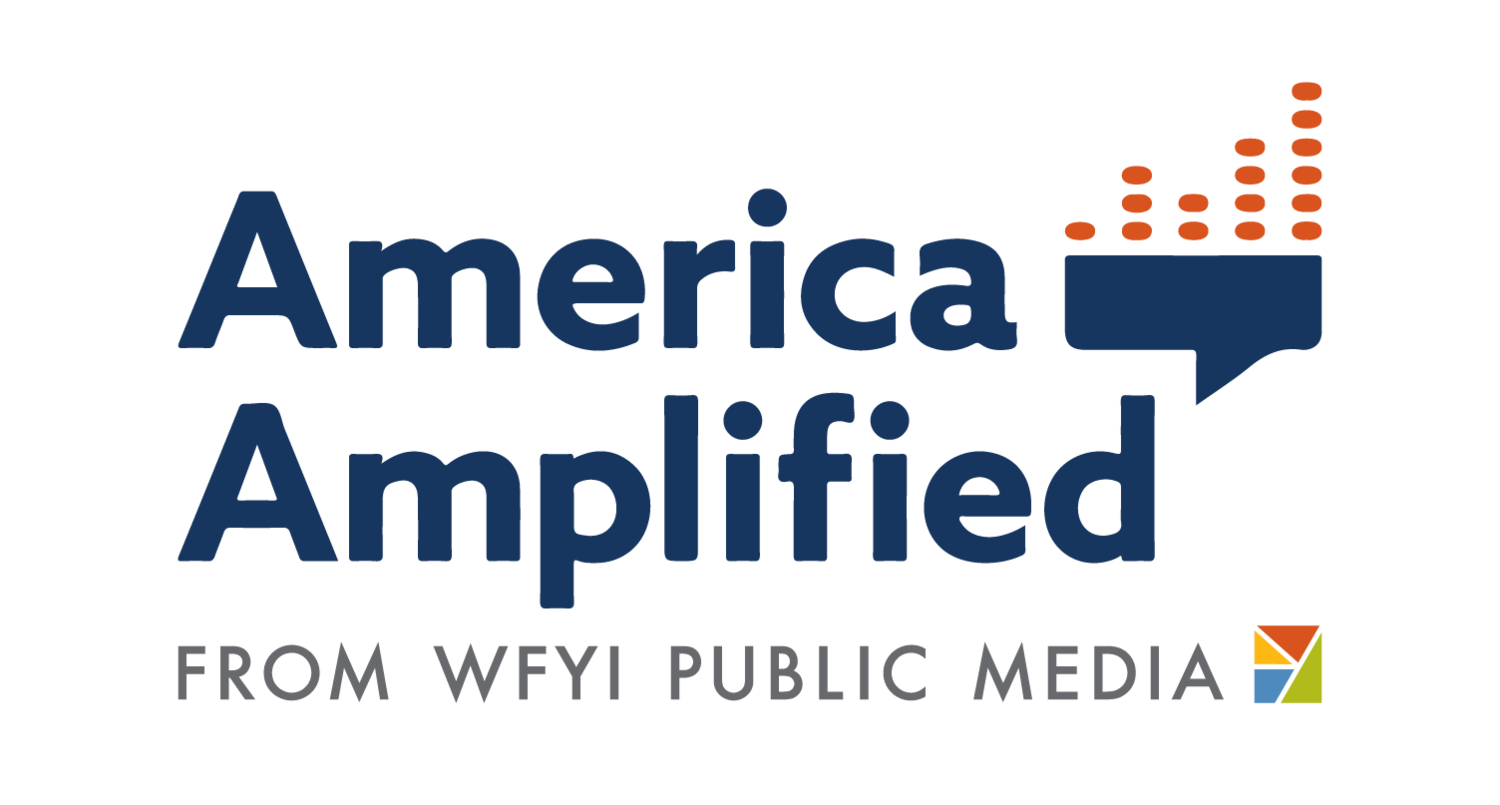Fighting news fatigue with fun: How KUT explained the city budget with a game show
Credit: Michael Minasi, KUT
KUT reporters Andrew Weber, Becky Fogel, and Luz Moreno wear sashes inviting community members to ask them about their beats at KUT’s Civics 101 week event “The Price is Right? How Austin Spends Your Money” event.
Routine stories about local policy are a mainstay for newsrooms’ city-level reporting, but they often run the risk of not being the most scintillating content out there. News fatigue doesn’t help; despite the importance of this kind of information for local residents, many don’t find it compelling. And when people aren’t informed, they aren’t civically engaged.
KUT, the NPR affiliate station in Austin, Texas, wanted to change that. What started out as a live panel discussion with the national talk show 1A about civic involvement eventually spiraled out for KUT into “Civics 101” week. It was a series of stories and events in late May about how things run in Austin – about local-level politics and how to get involved with the democratic process.
Among those events? A game show about the city budget!
“The Price is Right? How Austin Spends Your Money” aimed to teach audience members about how the municipal budget is created and how it gets spent. The project was the brainchild of Amy Stansbury, the editor-in-chief of The Austin Common, a local news site and one of KUT’s community partners for this project. Andy Jechow, KUT’s audience engagement editor, spoke with America Amplified about how the event came together and why it worked so well. This is a condensed version of the conversation.
Tell us about your engagement initiative or project?
KUT hosted two community events and ran a series of democracy-centric stories as part of our “Civics 101” week. We’ve done these “theme weeks” in the past, focusing on issues such as water, heat and the solar eclipse. The partnership with 1A meant we were going to have an event about civic engagement and democracy, so we built a theme week around it to drive people to the event but also to amplify the message of how locals can get involved with the democratic process.
The city of Austin has started working on its next budget and was holding community meetings to make sure folks had the details on the budget debate. We wanted to inform people about how much the city planned to spend and on what. But policy stories can get dry, and often people don’t find them very accessible. So we decided to do something fun that people could really get involved with: a game show themed on “The Price is Right,” where people had to guess how much of the city budget goes to different programs and departments – the library system, the parks system, etc. They had to run up on stage to give their guesses. People took it really seriously as a game show! We had prizes and everything.
After the live game show, the event featured a more in-depth presentation of how the city budget and city government works. We also served cake that helped convey the information: It was frosted with brightly colored squares cut up to show where your property taxes go, and there was a poster next to the cake showing the meaning of each color. People really enjoyed that! During the event our news staff walked around wearing sashes inviting people to ask them questions about their beats. “Ask me about education.” “Ask me about city council.”
What was the main objective of this engagement initiative?
We wanted people to walk away with a sense that they should know how their local government works, and that learning it isn’t actually that hard. It might seem like there’s this huge barrier, but even if you don’t have time to attend meetings, there are easy ways to inform yourself about how things work.
"We’re really trying to explain how things work to people,” said Ben Philpott, KUT’s managing editor. “Sometimes that can be like feeding them vegetables, so what we do is batter and deep fry them so that they’ll eat them."
We also wanted to show the community that KUT can run an event about public affairs and policy that isn’t dry or boring. We have done policy events in the past, and those can be a hard sell. We wanted this one to be fun. We worked hard to make sure it was approachable and accessible. And it worked! Particularly given the topic, it was a good-sized crowd – about 150 people. That was a lesson for us: If you make it even a little fun, you can get people in the door.
How did you build trust in the community you were reporting on?
The Austin community generally holds the station in high esteem, but we haven’t been a go-to, in-person source for this kind of information around civic engagement. Even though explainers have been a big focus for our news team in recent years, KUT hasn’t hosted many events where the goal was to clearly break down information and make dry, complicated policy more accessible. These Civics 101 events were a stepping stone on the way to getting the community to trust in us as an elections and civics-oriented source.
What lessons do you take away from this project in terms of strengthening engagement?
We don’t have an events team at KUT, so we’ve been joking that we wish we could go back in time and make one. Additionally, we’ve reflected on ways we could have used our online and social platforms to get the events in front of an even wider audience.
That said, having the partners we did was amazing. We partnered up with the League of Women Voters, The Austin Common and Good Politics, a local nonprofit dedicated to making the democratic process more accessible. All of them promoted the event in their own networks, well beyond who we could have reached on our own. Sharing the workload with them made things so much easier.


